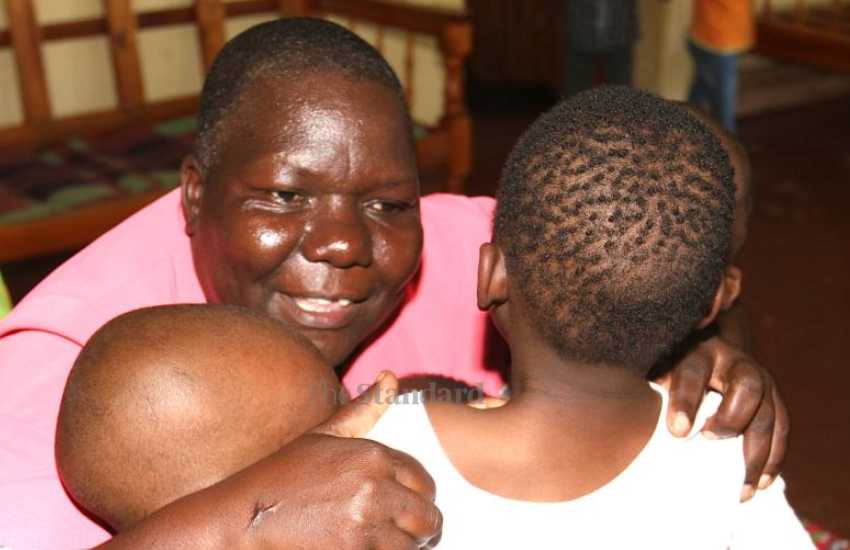×
The Standard e-Paper
Join Thousands Daily

The joy of a woman who had just delivered at a public hospital in Mumias was cut short by a chilling ultimatum from her relatives; she had to throw the baby away.
“You will have to throw that thing (baby) in the sugarcane plantations immediately you’re discharged or we will kill it,” one of them told her.